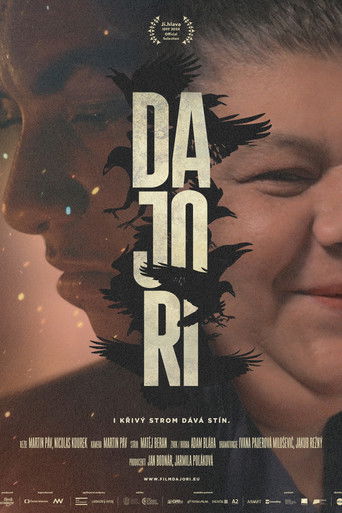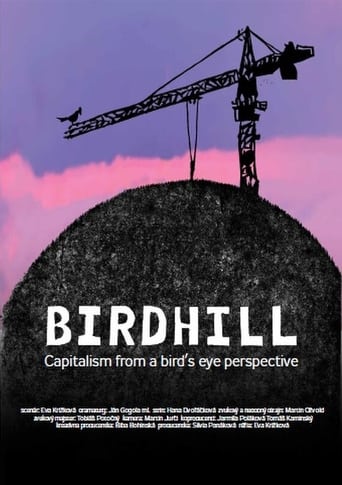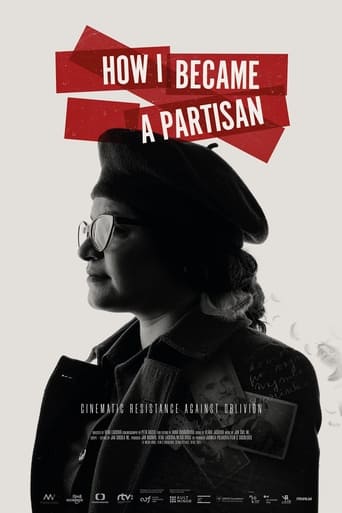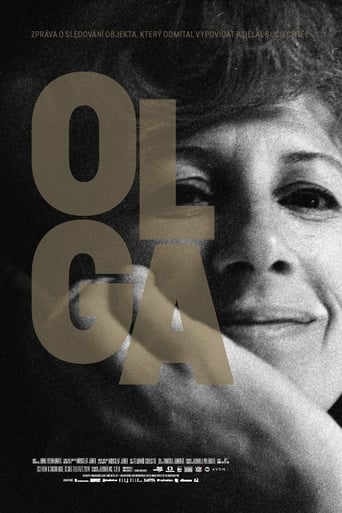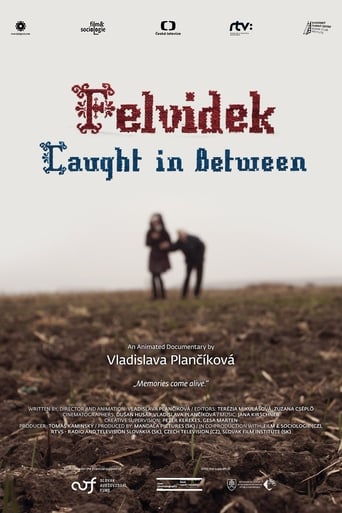Dajori 2024
The protagonist of Dajori (mother in Romani) is forty-five-year-old Marie Hučková, who lives with her husband in Varnsdorf. After her younger sister Iveta ends up on the streets with her nine children, she decides to take her own fate and theirs firmly into her own hands and attempts to break out of the vicious circle of poverty that characterises their hometown. This sensitive film, which captures three years of a newly formed family's life together, follows the small joys and daily challenges of caring for others and asks whether a mother's love can overcome the dysfunctional system in which socially excluded localities find themselves.
